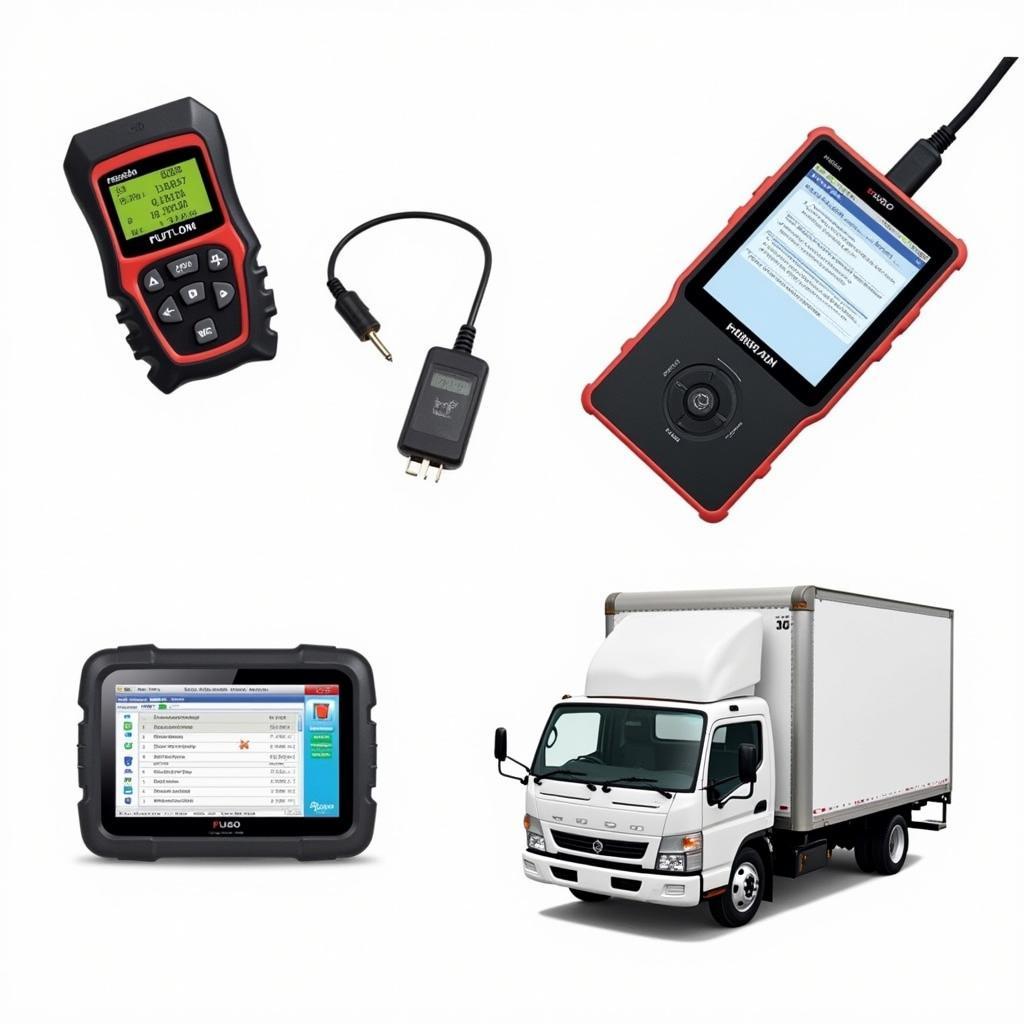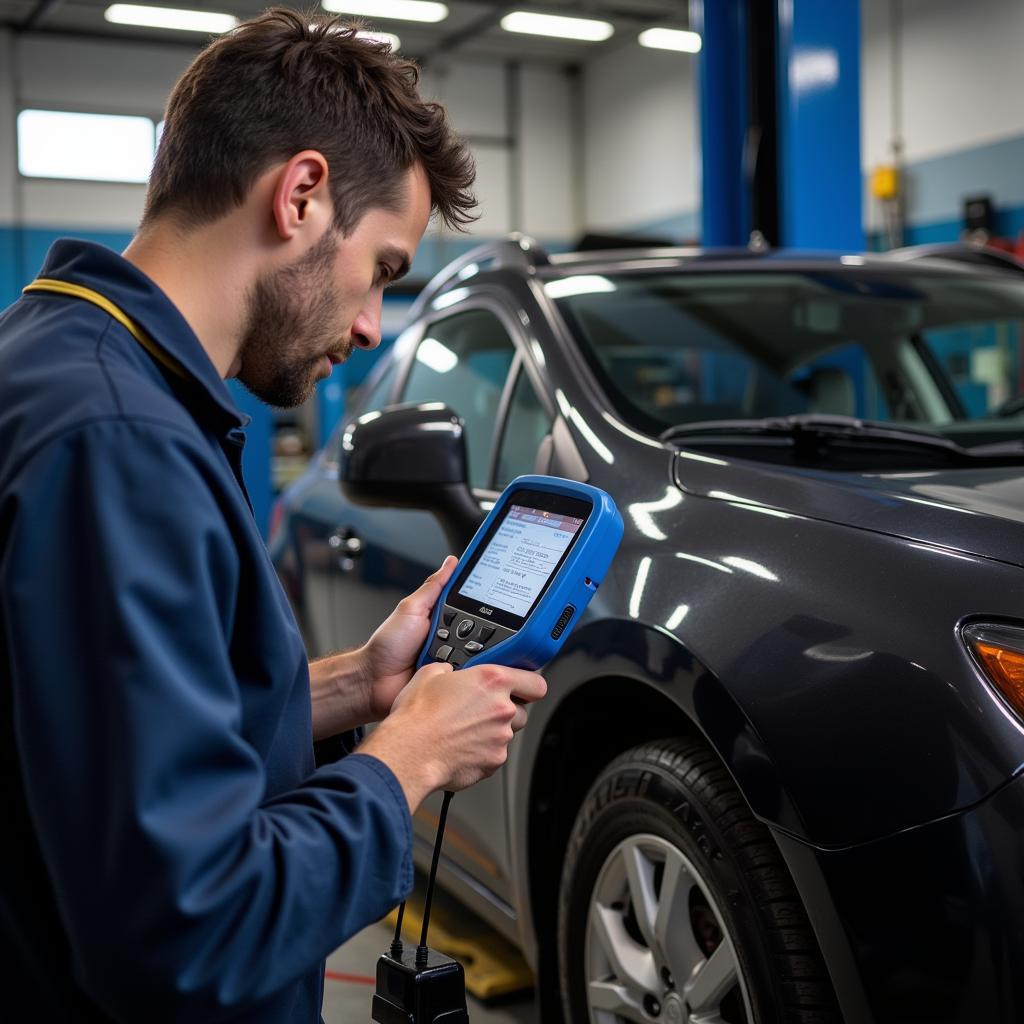Diagnostic Tools For The Meninges are crucial for identifying and treating conditions affecting these protective membranes surrounding the brain and spinal cord. This guide provides a comprehensive overview of the tools and techniques employed in diagnosing meningeal issues, offering valuable insights for car owners, repair shop owners, and automotive technicians alike. While seemingly unrelated to automotive technology, this deep dive into medical diagnostic tools will demonstrate the parallels between advanced technology in seemingly disparate fields.
Understanding the Meninges and Their Importance
The meninges are three layers of membranes that envelop the brain and spinal cord, acting as a protective barrier against physical trauma and infection. These layers, the dura mater, arachnoid mater, and pia mater, each play a distinct role in maintaining the health and stability of the central nervous system. Damage or infection of the meninges can lead to serious neurological complications, highlighting the importance of accurate and timely diagnosis.
The Role of Diagnostic Imaging
Diagnostic imaging techniques are paramount in visualizing the meninges and identifying any abnormalities. Magnetic Resonance Imaging (MRI) provides high-resolution images of the brain and spinal cord, allowing physicians to assess meningeal thickness, inflammation, and the presence of lesions. Computed Tomography (CT) scans can also be used, particularly in emergency situations, to quickly detect bleeding or other acute conditions affecting the meninges.
Lumbar Puncture: A Crucial Diagnostic Tool
A lumbar puncture, also known as a spinal tap, involves extracting cerebrospinal fluid (CSF) from the spinal canal. Analyzing the CSF provides crucial information about the presence of infection, bleeding, or other abnormalities within the meninges. This procedure is especially valuable in diagnosing meningitis, a potentially life-threatening infection of the meninges.
Diagnostic Tools for the Meninges: Beyond Imaging
While imaging and lumbar puncture are essential diagnostic tools, other methods play a significant role in assessing meningeal health. Electroencephalography (EEG) can detect abnormal brain activity associated with meningeal inflammation or irritation. Blood tests can also be helpful in identifying infections that may have spread to the meninges.
Neurological Examination: Assessing Physical Symptoms
A thorough neurological examination is crucial in evaluating meningeal function. Physicians assess reflexes, muscle strength, sensory perception, and cognitive function to detect any neurological deficits that may indicate meningeal involvement. Symptoms such as headache, stiff neck, fever, and altered mental status can be indicative of meningitis.
“Early and accurate diagnosis is key to effectively treating meningeal conditions,” says Dr. Amelia Carter, a leading neurologist at the Neurological Institute of Chicago. “Utilizing a combination of diagnostic tools allows us to obtain a comprehensive understanding of the underlying issue and tailor treatment accordingly.”
The Future of Meningeal Diagnostics
Research is ongoing to develop even more advanced diagnostic tools for the meninges. New imaging techniques, such as functional MRI (fMRI) and diffusion tensor imaging (DTI), offer the potential to detect subtle changes in meningeal structure and function. Biomarkers in CSF and blood are also being investigated as potential diagnostic markers for specific meningeal conditions.
“The development of new diagnostic tools promises to revolutionize our approach to meningeal diseases,” adds Dr. David Miller, a neurosurgeon at the Johns Hopkins Hospital. “These advancements will enable earlier and more precise diagnosis, leading to improved patient outcomes.”
Conclusion
Diagnostic tools for the meninges are essential for identifying and treating conditions affecting these vital protective membranes. Utilizing a combination of imaging techniques, lumbar puncture, neurological examination, and other diagnostic methods, healthcare professionals can accurately assess meningeal health and provide appropriate treatment. Continued research and development in this field promise to further enhance our ability to diagnose and manage meningeal diseases. For any diagnostic needs related to your vehicle, feel free to connect with ScanToolUS at +1 (641) 206-8880 or visit our office at 1615 S Laramie Ave, Cicero, IL 60804, USA. We are here to help you.


